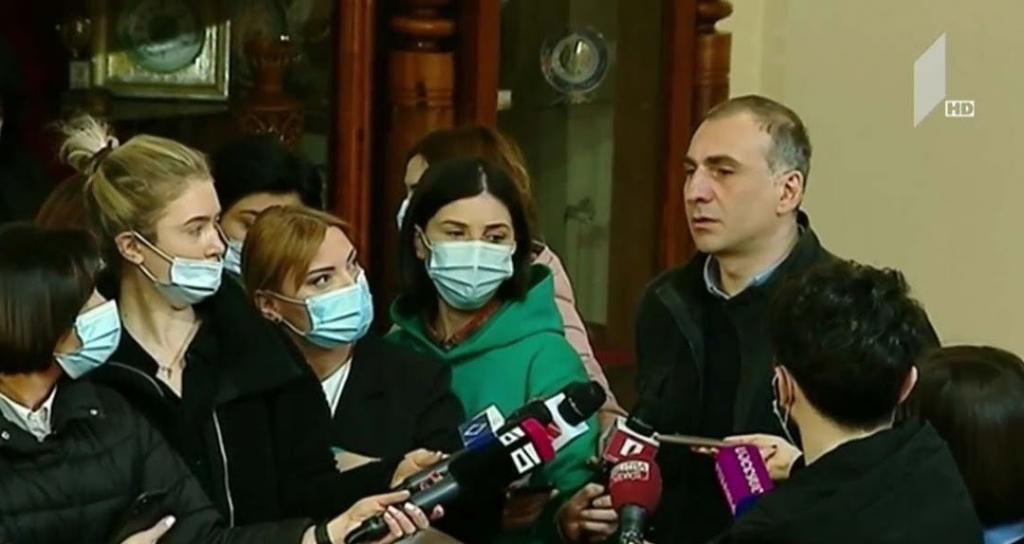
One of the opposition parties in Georgia announced Friday that they are calling off their boycott of parliament, breaking ranks with the rest of the opposition, which have held that the October 31 election was fraught with violations and should be annulled.
Chairman of the Citizens’ Party and urban preservationist Alexander (Aleko) Elisashvili said Friday that he had reached an agreement with the ruling Georgian Dream on electoral reform, which was a precondition for more democratic elections in the future.
He also called on other opposition parties to reach an agreement with Georgian Dream and end the boycott.
The idea was not received well by other opposition parties. They say the entry of two deputies from Elisashvili’s party will not grant legitimacy to the parliament.
“The opposition has nothing to speak with the government about [accepting MP mandates]. This issue is resolved and closed. The opposition will be able to talk to the government about only one thing – holding new elections,” said Akaki Bobokhidze of European Georgia.
After the October 31 election, which was assessed as satisfactory by international observers, all eight opposition parties which passed the one percent threshold refused to accept the results, complaining of mass rigging and demanded to hold another election. Otherwise, they threatened to boycott the parliament.
After weeks of unsuccessful negotiations facilitated by US and EU diplomats, most opposition parties have annulled their party lists and officially renounced their mandates. The first sitting of parliament was attended by only GD MPs with nobody from the opposition flank present.
Despite ideological disagreements and personal grudge, until recently eight opposition parties that crossed the election threshold have managed to maintain the boycott. A few days ago, several members of the conservative Alliance of Patriots electoral list made their announcement to participate in parliament sessions, although the party’s political leaders maintain their boycott.
The proposed electoral reforms include live streaming from polling stations during elections, introducing fingerprints and electronic systems of counting, as well as reform of central and local electoral commissions, and several other technical changes.

